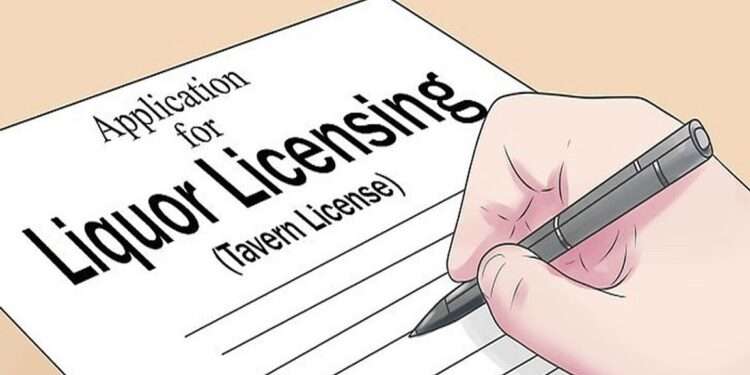In some states, a liquor license is required for businesses that plan to serve alcohol. The application process includes submitting financial statements, property lease agreements, proof of insurance, food service permits and other documents. Licensing law varies from state to state and from one county to another. However, certain factors are common to most applications.
Legality
Before beginning the licensing process, it is critical to understand what laws your area has in place and any additional regulations your local government or city may have. This can help you avoid any errors in your application that could cause delays and possibly result in your license being denied.
Some states have quotas that limit the number of liquor licenses available, so it’s important to check availability before applying. This will factor into the costs of the permit and the overall process.
Some states also require you to submit other business documents, such as your employer identification number, zoning permits, building or health permits, signage permits, and leases. It’s also a good idea to consult a liquor license Houston TX permitting company, who can help you navigate the entire process. It can save you time and money in the long run by helping you avoid unnecessary delays.

Licensing Fees
Depending on your state’s ABC law and the type of liquor license you seek, several fees are involved. You’ll need to register your business as a legal entity, secure a lease agreement that adheres to zoning regulations for liquor stores, and apply for an Employer Identification Number (EIN) from the IRS.
Additionally, your business’s location can significantly impact a license’s price. Licenses in popular, high-traffic areas can cost much more than those in less desirable neighborhoods.
Many small businesses hire a licensed, experienced business attorney to help them navigate the process.
Licensing Requirements
Depending on your location, type of establishment, and license types, there are different qualifications to consider for licensing. For example, a restaurant may need an on-premises license and a grocery store might need an off-premises license. Additionally, you may need to pay annual fees to maintain your license.
You must also obtain a positive opinion from your local Community Board to proceed with the application process. The Community Board will strongly influence how the State Liquor Authority (SLA) will review your application.
You must also comply with two regulations, the 200 Foot Rule and the 500 Foot Rule. These rules stipulate that you cannot open a licensed premises within 200 feet of a school, church, or place of worship and that you can’t open an on-premises establishment within 500 feet of another licensed premises in your area. The SLA strictly enforces these requirements.

Licensing Process
Once you have a solid business plan, it is time to begin securing a license. The application process can take anywhere from 40 days to six months, so getting the ball rolling early is a good idea.
First, you must publish a notice of your intent to apply for a liquor license in a newspaper that serves your area. This will include the name of your business, what kind of license you are seeking and what you intend to sell.
Then, you must submit your application to the state Liquor Authority. This is a lengthy application that requires extensive questionnaires and documentation. You should consult an alcohol permitting company with experience assisting people with liquor license applications. Even a clerical error can cause substantial delays in the approval process.
A clean criminal record is the most important factor in securing a liquor license. A felony conviction (or certain misdemeanors) will make you ineligible for a permit.

















